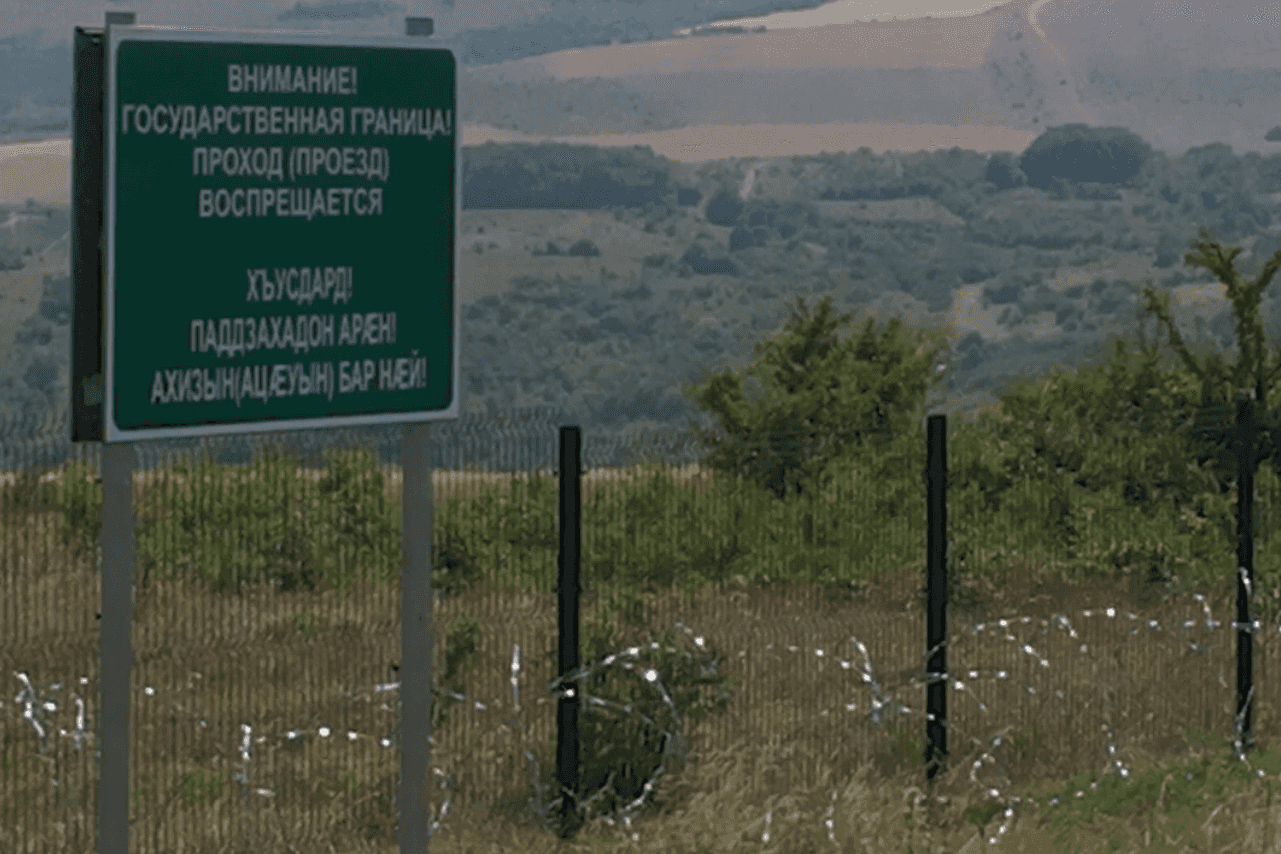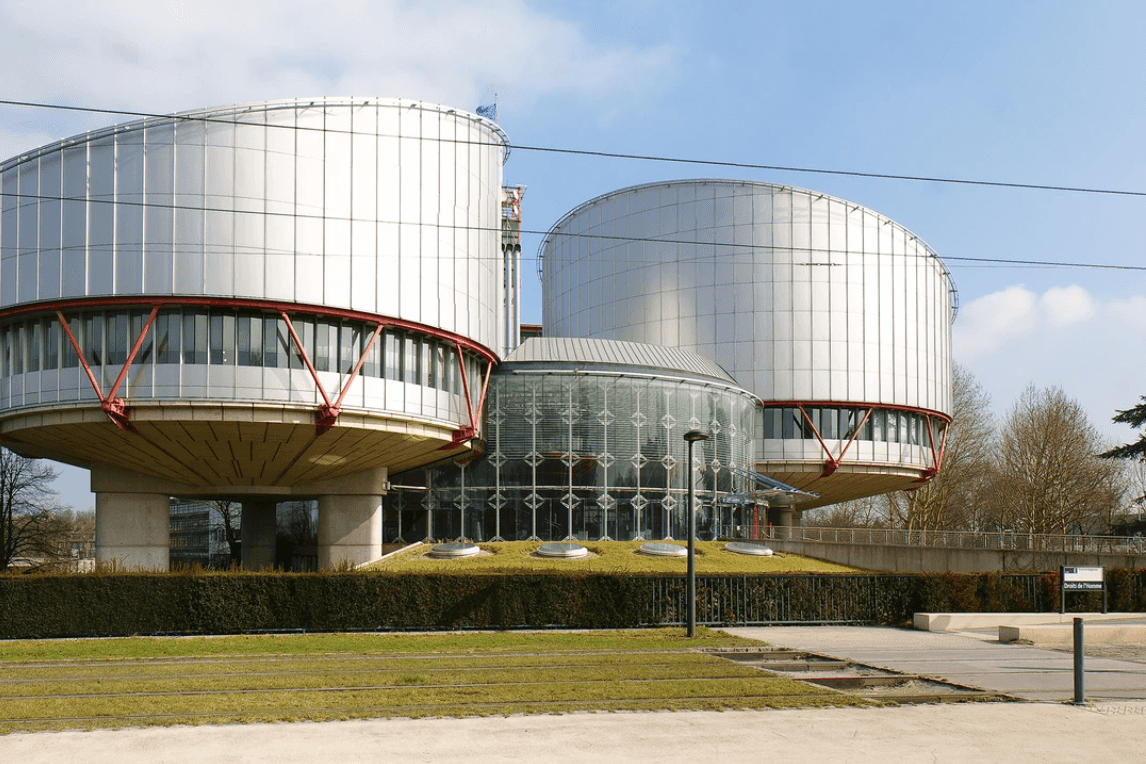
A CRRC survey found that only one in eight Georgians know what the EU Monitoring Mission (EUMM) in Georgia aims to achieve, with the largest proportion of those surveyed reporting that they do not know what the mission’s function is.
Georgia’s EUMM was established after the August 2008 War between Georgia and Russia, with the aim of stabilising ‘the situation on the ground’, and the unarmed civilian monitors continue to patrol Georgia’s administrative boundary lines with Abkhazia and South Ossetia. Even though the EUMM has been operating in Georgia for 15 years, awareness of the EUMM is low, according to data from the Knowledge of and Attitudes towards the European Union in Georgia survey conducted in the spring of 2023 by CRRC Georgia for the Europe Foundation.
When asked what the EUMM in Georgia does, only one in eight Georgians (13%) were able to correctly identify its mission in 2023 — helping to stabilise the situation in the areas affected by the 2008 August War.
This is a substantial decline since the start of the survey, shortly after the August War, when three times as many respondents (39%) could correctly identify its mission. This number is also in decline in the shorter term: in 2017, 25% of Georgians could correctly identify the EUMM’s mission, nearly twice as many as currently can.
The most common response to the question of what the EUMM does is uncertainty, with 43% of those surveyed reporting that they did not know what the EUMM’s main function was.
The remaining responses to the question included a number of incorrect answers, including supporting democratic and market reforms, regional cooperation, and supporting higher education.

A number of patterns emerge when the data is broken down by social and demographic groups.
People 55 and older have a 25% chance of naming the EUMM’s mission correctly, compared with a probability of 16% for those aged 35-54 and 14% for those aged 18-34.
Men are also six percentage points more likely to correctly answer this question than women.
Ethnic Georgians (26%) are more likely than ethnic minorities (12%) to correctly determine the EUMM’s mission.

Despite the EU Monitoring Mission in Georgia’s 15-year presence, public awareness of its mission remains low. Only 13% of Georgians correctly identified the EUMM’s mission, with younger generations, women, and ethnic minorities less likely to do so.
Note: The data used in this article is available here.
The analysis uses binomial regression, where the dependent variable is ‘What does the European Union Monitoring Mission (EUMM) do in Georgia’, which is recoded to reflect whether the respondent provided a correct or incorrect answer. Don’t know and refuse to answer are dropped from the analysis. The independent variables include gender, age group, ethnicity, settlement type, employment status, internet usage, monthly income, and level of education.
This blog post was written by Kristina Vacharadze, Programmes Director at CRRC Georgia, Anano Kipiani, a Policy Analyst, and Makhare Atchaidze, a Researcher at CRRC Georgia. The views expressed in the blog post do not necessarily reflect the views of CRRC Georgia or any related entity.








